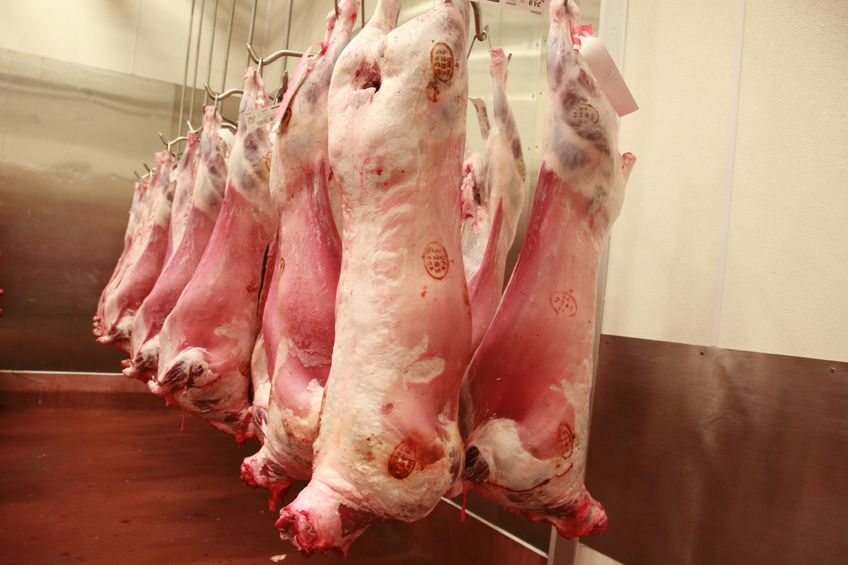
The Scottish government has been urged to commit to implementing a network of mobile abattoirs across rural Scotland.
The number of abattoirs in Scotland has been decreasing over the last few years, most notably with the closure of the abattoir in Orkney.
This has meant that animals from Orkney must now travel a considerable distance by boat and road to abattoirs on the mainland and beyond.
The lack of rural abattoirs means that many animals face long journeys, but also, many larger abattoirs do not provide a ‘private kill’ service, meaning that farmers must sell through a supermarket.
This inevitably impacts farm revenues and prevents farmers from selling directly to customers.
Mobile abattoirs that visit individual farms are widely considered to be beneficial for animal welfare, removing the distance animals must travel.
As well as Canada and New Zealand, many EU countries already have mobile abattoirs that enhance animal welfare and biosecurity.
The SNP-led Scottish government has confirmed in a response to a parliamentary question that it has started the process to assess the viability and sustainability of mobile abattoirs in Scotland.
The Scottish Conservatives have stated that given the challenges facing the rural economy and the detrimental effect travelling large distances has on livestock, the government must commit to constructing the mobile abattoir network.
Donald Cameron, Scottish Conservative shadow cabinet secretary on rural economy and connectivity said: “The case for a network of mobile abattoirs has been well established and it must be set up now without delay.
“Transporting live animals should be minimised where possible but currently farmers have no choice but to drive their animals considerable distances.
“The SNP’s failure to act has already had an extremely negative effect on the rural economy, and farmers cannot wait any longer.”
In a joint call made last year, thirty-four organisations asked the UK government to take urgent action to save the network of small abattoirs, which they say are closing at an 'alarming rate'.
The organisations, reflecting a wide range of food and farming interests, wrote to Defra Secretary Michael Gove for help in protecting this 'huge national asset'.
A third of small abattoirs have closed in the past ten years and closures are continuing. A further 6 (10%) of small abattoirs have closed in the last twelve months.
In August 2018, Bakers of Nailsea, which served farmers and butchers in Somerset for 120 years, closed its door for the final time.
